Shocking Disappearance Of A 500-Year-Old Shark After $7M Government Grant
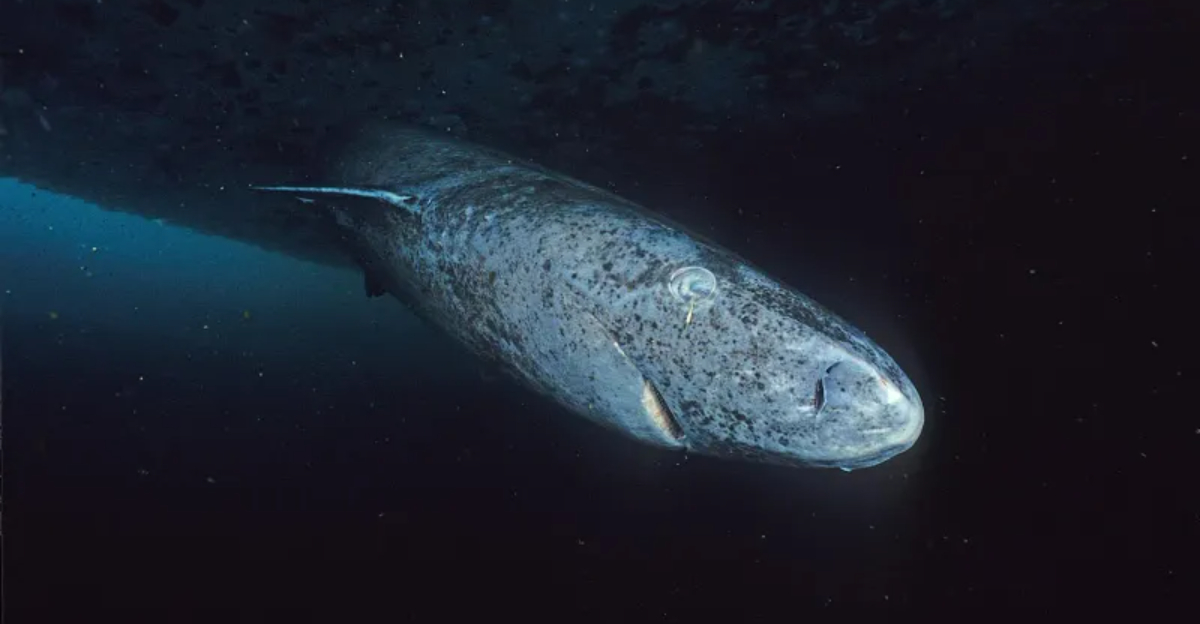
Scientists are baffled by the mysterious vanishing of a centuries-old Greenland shark shortly after receiving a massive research grant.
This rare marine creature, potentially over 500 years old, was being tracked as part of a groundbreaking conservation study.
Its sudden disappearance has sparked concerns, conspiracy theories, and questions about the effectiveness of high-dollar marine research projects.
1. Ancient Ocean Wanderer Goes Missing
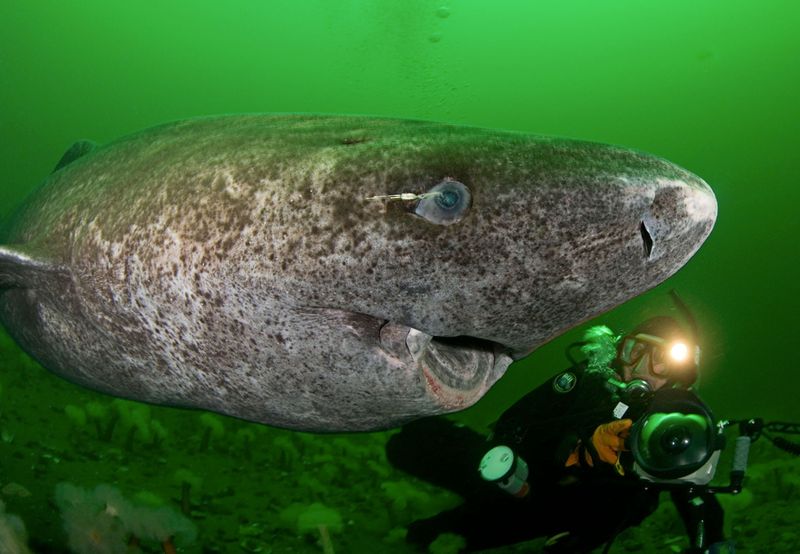
The Greenland shark, one of Earth’s longest-living vertebrates, suddenly vanished from tracking systems last month. Scientists had attached special non-invasive monitors to study its remarkable longevity.
Marine biologists are now scrambling to locate the creature that had been swimming Earth’s oceans since before Shakespeare was born.
2. Record-Breaking Research Funding
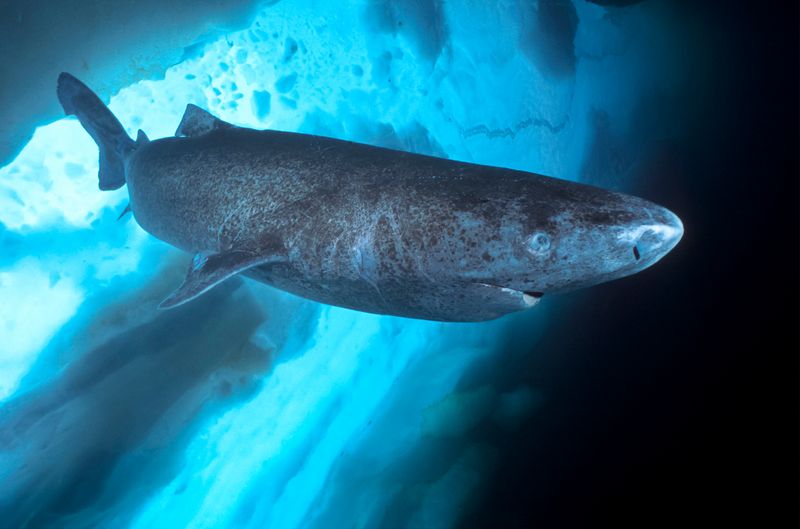
Nobody expected the government to pour $7 million into studying a single shark. The unprecedented funding package raised eyebrows among marine conservation circles worldwide.
Critics questioned whether such a massive sum for one specimen was justified, while supporters argued the shark’s extreme age made it an irreplaceable living fossil worth every penny.
3. Living Time Capsule From The Renaissance

Born around the time Columbus sailed to America, this shark witnessed centuries of human history without knowing it. Its tissues contained chemical signatures from every major industrial period.
Imagine swimming through the world’s oceans while empires rose and fell! The shark’s body served as a biological record of environmental changes over half a millennium.
4. Tracking Technology Malfunction?
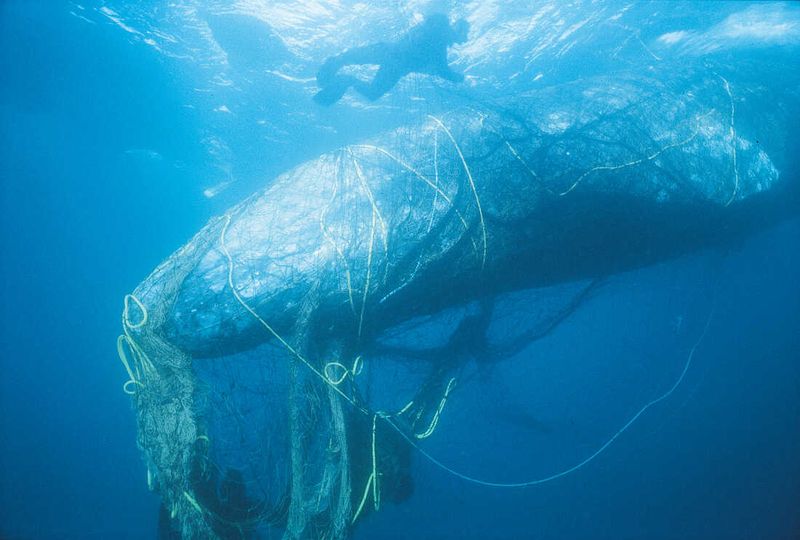
High-tech tracking devices suddenly went silent on March 12th. Engineers initially suspected equipment failure since these devices were experimental prototypes designed specifically for deep-pressure environments.
Recovery teams deployed underwater drones to locate backup trackers, but found nothing. The shark had completely disappeared from all monitoring systems without explanation.
5. Conspiracy Theories Emerge
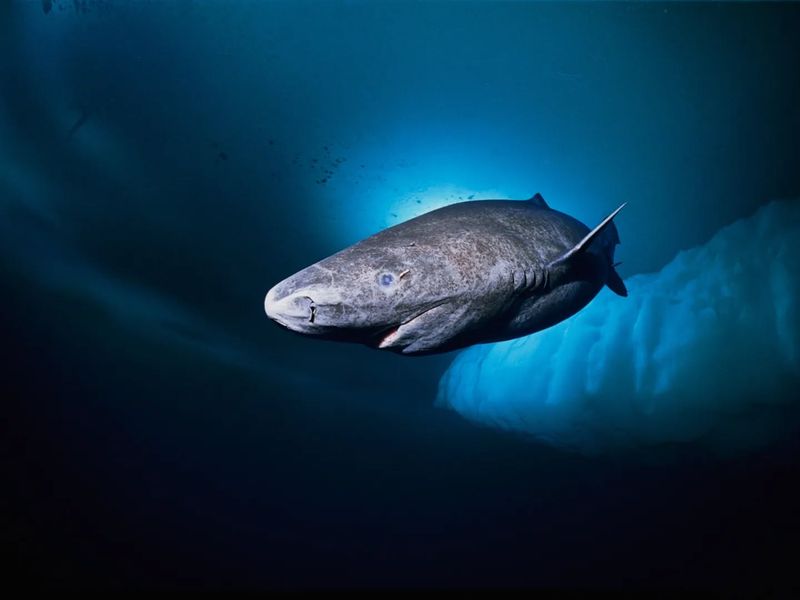
Internet sleuths quickly developed wild theories about the missing shark. Some claimed it was captured by military for secret experiments, while others suggested private collectors paid to have it stolen.
Even alien abduction theories surfaced! The massive grant amount fueled speculation about government cover-ups and classified research beyond simple conservation efforts.
6. Scientific Community Divided
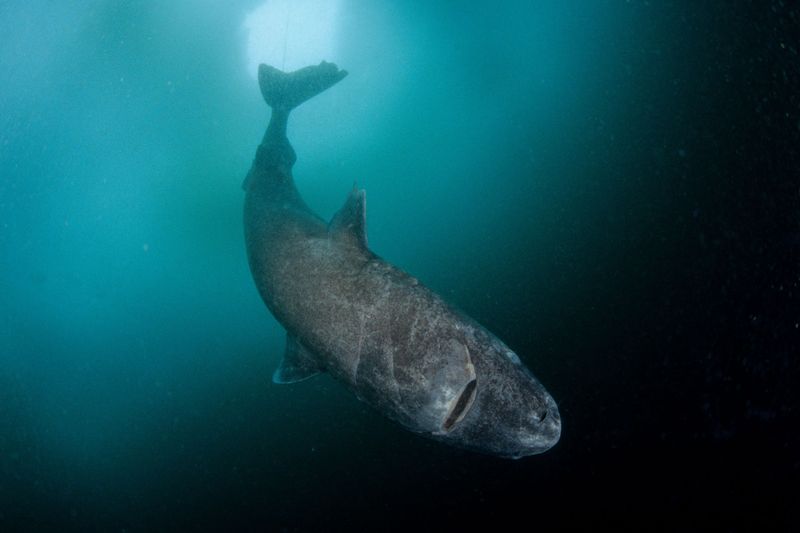
Marine biologists have split into competing camps over the disappearance. One group believes the shark simply migrated beyond tracking range, a natural behavior previously unobserved.
Others suspect foul play, pointing to suspicious boat activity reported near the shark’s last known location. The debate has sparked heated exchanges at recent oceanographic conferences.
7. Thermal Adaptation Mystery
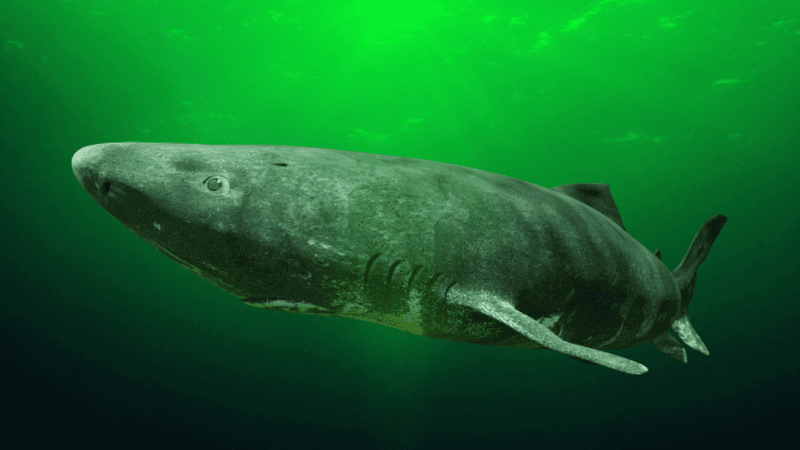
Could centuries-old sharks possess unknown adaptive capabilities? New research suggests these ancient creatures might adjust to temperature changes more effectively than previously thought.
The missing shark’s blood samples revealed unusual proteins that might allow thermal regulation beyond known limits. This finding has sparked fresh investigation into cold-water species’ resilience to warming oceans.
8. Grant Money Allocation Questions
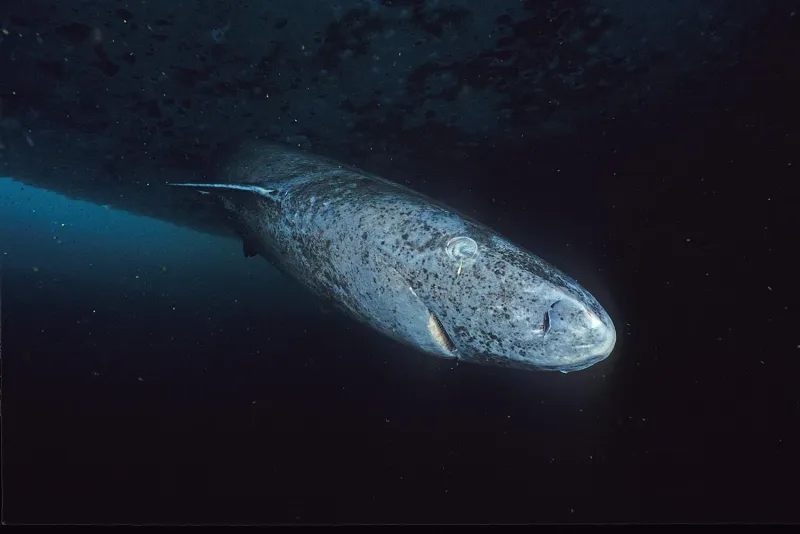
Whistleblowers claim only a fraction of the $7M actually funded shark research. Financial records show puzzling expenditures including luxury accommodations and unexplained equipment purchases.
Congressional oversight committees have launched an investigation. Three research administrators have been placed on leave pending review of how the taxpayer-funded grant was managed.
9. Unexpected Caribbean Sighting Claims
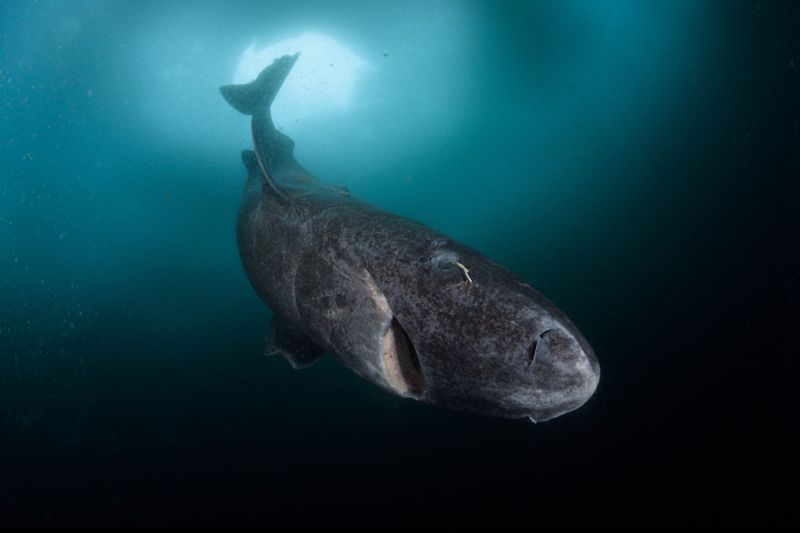
Fishermen in Belize reported spotting an unusually large shark matching the Greenland species description – thousands of miles from its normal Arctic habitat. Experts initially dismissed these claims as impossible.
Greenland sharks typically inhabit frigid waters below 39°F. Their appearance in tropical waters would rewrite everything scientists understand about the species’ biology.
10. Unprecedented Lifespan Research Setback
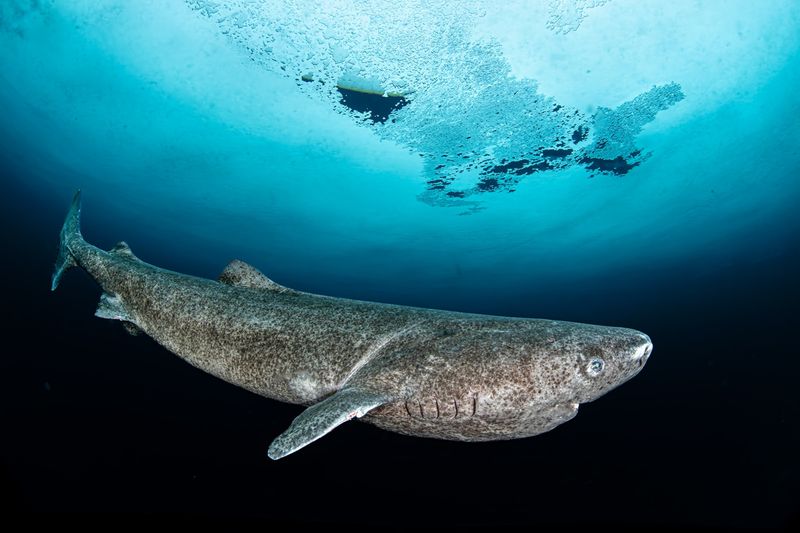
Longevity researchers mourn the loss of invaluable aging study data. The shark’s tissues contained secrets about cellular regeneration that might have revolutionized human medicine.
Scientists had identified unique telomere preservation mechanisms in samples that showed promise for cancer research. Years of potential breakthroughs vanished along with the ancient creature.
11. Climate Change Migration Patterns
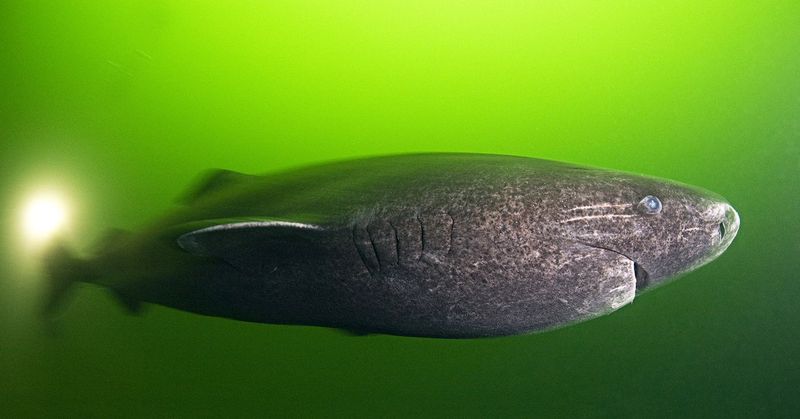
Rising ocean temperatures may have forced the shark into unprecedented migration. Satellite data shows a dramatic 3°F increase in its traditional habitat over the past decade.
The creature might simply be the first documented case of Arctic marine life seeking cooler waters through unusual routes. Its journey could represent a preview of massive ecosystem shifts to come.
12. Tracking Collar Design Flaws
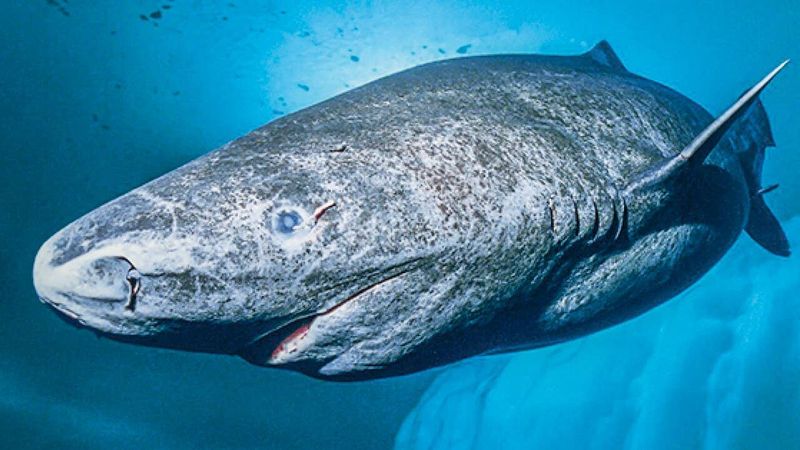
Engineers now admit the tracking system wasn’t properly tested for extremely long-lived species. Battery life and biofouling issues weren’t adequately addressed during the rushed development phase.
Materials designed for typical decade-long studies proved inadequate for creatures with five-century lifespans. Future designs will incorporate new degradation-resistant components and redundant tracking mechanisms.
13. International Waters Jurisdiction Problems
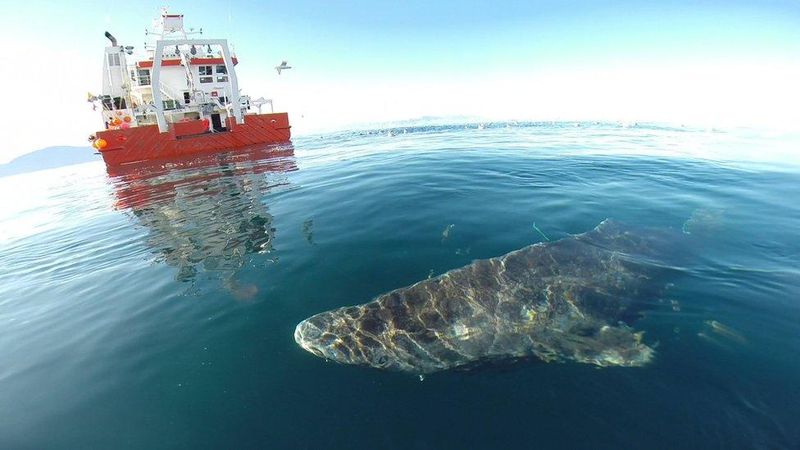
Recovery efforts hit legal roadblocks when the shark’s last signal came from contested waters. Three different nations claim authority over the region, complicating search permits.
Diplomatic negotiations stalled recovery operations for weeks. By the time access was granted, critical time had been lost and changing currents had potentially carried the shark hundreds of miles away.
14. Public Outrage Over Lost Opportunity
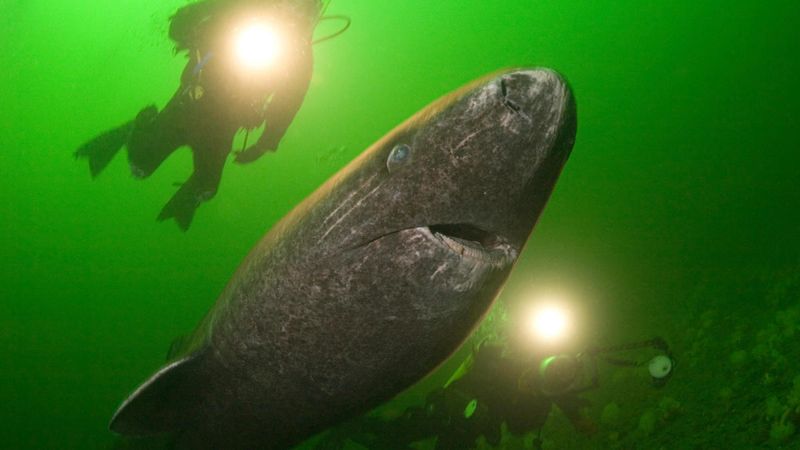
Social media erupted with #FindTheShark campaigns after news broke. Public sentiment turned against researchers who lost track of such a rare creature despite massive funding. Environmental groups organized volunteer search parties along coastlines.
Celebrity conservationists pledged additional rewards for information. The shark has become a symbol of both scientific opportunity and institutional failure.






